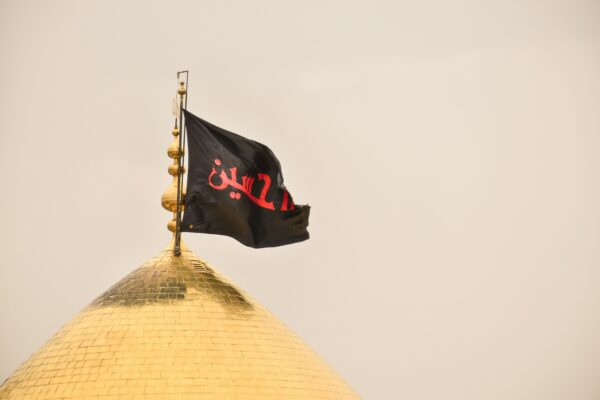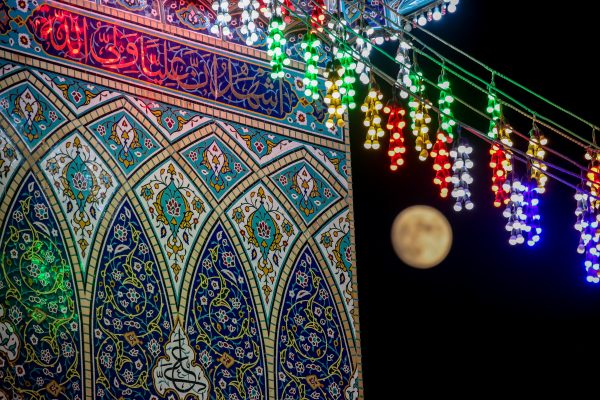“There were so many wounded people that doctors didn’t know who to treat first. I will never forget that scene.”
“There were so many wounded people that doctors didn’t know who to treat first. I will never forget that scene.”
In a worryingly underreported attack on Tuesday, at least 17 people were killed from two explosions in the city of Bamiyan in central Afghanistan. At least 50 people were severely wounded in addition to the death toll, with local government spokesman Tariq Arian calling this attack an “unforgivable crime”.
According to Zabardast Safai, the police chief of the province, the two explosives were hidden at the side of the road near a popular marketplace, ensuring that civilians would be targetted. The explosives were detonated during the evening rush hour.
Local resident Anwar Saadatyar told AFP news agency:
When I reached the market…there was still blood and body parts everywhere. I visited the hospital later and saw people crying for their relatives who were killed or wounded in the explosions…there were so many wounded people that doctors didn’t know who to treat first. I will never forget that scene.”
Bamiyan, the site of this specific attack, is home to Afghanistan’s Hazara ethnic group, a mainly Shia Muslim minority group who have consistently been attacked by both ISIS and the Taliban because of their Shia Muslim identity.
While there was reportedly no immediate claim of responsibility for the attack, ISIS and the Taliban both have a history of attacks perpetrated specifically towards the Hazara for their Shia Muslim identity. According to local reports, the Taliban have reportedly denied involvement in these specific bombings on Tuesday – many are now pointing toward the ISIS branch of Afghanistan as being behind these deadly attacks.
The Hazara have also long been targetted elsewhere outside of Bamiyan, and in cities such as Kabul, the capital of Afghanistan, the Hazaras have seen repeated attacks in their neighborhoods – most infamously at the maternity ward at a hospital in May that left 24 mothers, children, and nurses murdered in broad daylight.
Outside of Afghanistan, the Hazara have largely settled in Pakistan’s Balochistan province in the city of Quetta – roughly half a million Hazara Muslims live in Quetta, making up one of the largest minority groups in Pakistan. Worryingly, however, the Hazara are just as targeted in Pakistan as they are in Afghanistan.
Since 2013 alone, human rights organizations claim that more than 500 Hazara Muslims have been specifically targeted and killed in the province of Balochistan alone, although many claim that this number is in fact easily in the high thousands – a lack of proper reporting and underrepresentation means that many attacks and killings go underreported. With Hazara communities living in almost separate enclaves within the city of Quetta, there are frustrations that local (and national) government officials are doing almost nothing to protect the vulnerable community of Hazaras against Pakistan’s branch of IS and the Taliban.
Worryingly, the persecution of the Hazara Shia minority has remained largely unheard of and ignored by most of the world. Not only do they remain an often suppressed minority within both their own country of Afghanistan as well as Pakistan, but because of the large majority of Hazaras being Shia Muslim, it becomes worrying when larger, Sunni-dominated Muslim countries turn a blind eye to the indiscriminate killings of the Hazaras.
Why is it that when it comes to minority Muslim groups being targeted, there is an all too often case of horrifying silence? When it comes to issues that are seen as an external attack on Muslim communities it seems much easier to condemn than when it comes from within – for example, Muslim majority countries are only too eager to start a transnational movement of #BoycottFrance in cases of Islamophobia, and while movements like these are highly applaudable when it comes to opening up the conversation around Islamophobia, the fact remains that this same type of zeal and effort has never (and for now, will never) manifest when it comes to Shia Muslims or other minority Muslim groups being specifically attacked.
As the loved ones of those slain on Tuesday continue to mourn, it remains to be seen how much longer the silence from the Muslim world will continue. Easily called a “Shia genocide” by not only Hazara human rights activists but by human rights groups across the world, we must not let these deaths turn into numbers that are simply brushed aside.
Zair Agha, an ethnic Hazara speaking at one of the many small protests in Balochistan last year during a particularly deadly attack on the community in Quetta, stated: “Our neighborhoods have been turned into orphanages. Our blood has become cheaper than water.”





